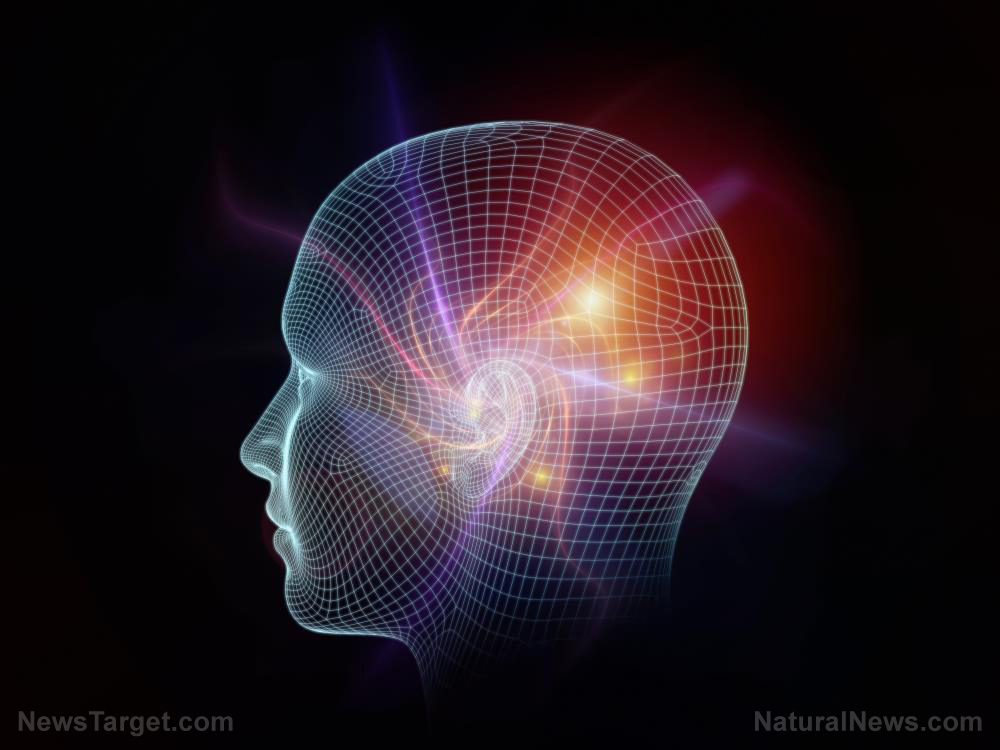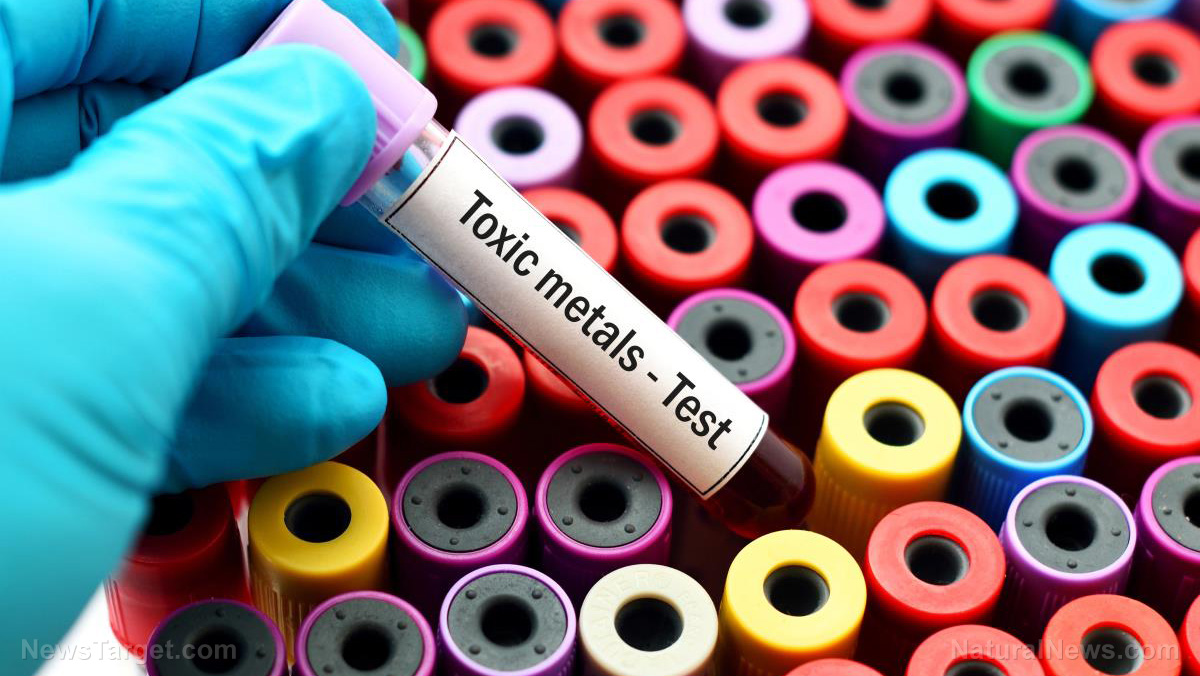Train your brain to create “better” memories
12/13/2019 / By Grace Olson

As a person ages, his cognitive function declines. He becomes more prone to memory loss and slow recall. But it’s possible for him to delay (or even reverse) this decline by doing mental exercises – better known as brain training.
What is brain training?
Brain training refers to performance tasks that aim to improve the functions of the brain, most especially those related to memory. However, these tasks aren’t just focused on memory recollection alone: There are other things a person can train – such as attention, working memory and problem-solving abilities. In fact, people who experienced brain-related traumas, like a brain injury or a stroke, may employ brain training to improve their damaged cognitive abilities.
Brain training has an emotional aspect as well. A person is more likely to remember events that had an emotional impact for him or her. This is because the areas of the brain which handle memory and emotion are closely linked to one another.
Multiple studies have suggested that understanding compounds linked to emotion may help enhance and develop brain training regiments.
Compounds linked to boosting memory include:
- Dopamine – It is a hormone and neurotransmitter in the brain which has many functions. Dopamine helps improve memory by increasing neural activities relevant to a specific moment and suppresses everything else. Because attention is focused on a specific object, it makes the memory seem more vivid.
- Norepinephrine – This is a neurotransmitter in the amygdala, a part of the brain which helps in processing memories. When a person has heightened emotions, it activates the production of norepinephrine, enhancing the experience and consequently its memory.
Tips for “better” memories
There are various ways to train the brain. These include the following.
1. Brain training games
There are a lot of digital resources available, including brain training games. There are some which are free to use and others which you have to buy first before gaining access. Before trying anything out, it is best to check the reviews and gameplay design before buying the program or phone application. Gameplay design refers to how the game is played. (Related: Brain training app claims to improve concentration, but is it better than proper diet and an active lifestyle?)
Here are some things to look out for while checking the gameplay design:
- Are there levels? This is important because difficulty should increase as a person gets better at something. This helps ensure that a person is continuously improving.
- Are there variations? There are many aspects of memory, including visual memory and semantic memory. Focusing on just one aspect makes a person better at the game but does not necessarily translate in real life.
- Is there a reward system? People are motivated when there is a potential reward. One study published in Nature Human Behavior found that unexpected rewards can help the formation of episodic memories (memories related to a person’s experience).
2. Brain training exercises
Brain training can be achieved through practical exercises as well. There are a lot of electrical devices which make human life easier. However, taking a break from these devices may help improve memory overall. These include:
- Memorizing the grocery list
- Learning how to play an instrument
- Calculating mentally
- Learning a foreign language
- Identifying ingredients in food
- Picking up a hobby requiring fine motor skills (i.e., painting, knitting)
3. Create flashbulb memories
Flashbulb memories refer to enhanced memories, set in specific moments. It results in a memory that seems brighter and more vivid. This act requires activating dopamine and norepinephrine in the brain.
There are activities that help increase the production of dopamine. These include:
- Eating protein-rich foods
- Avoid foods filled with saturated fats
- Getting enough sleep
- Listening to music
- Exercising often
- Meditation (i.e., yoga)
- Exposure to sunlight
Aging is inevitable, but memory can still be managed. Brain training helps improve various aspects of cognitive function, especially memory, contributing to more fulfilling experiences with friends and family.
Learn more about activities that can delay the conditions related to age at AntiAgingScience.news.
Sources include:
MolecularBrain.BioMedCentral.com
Submit a correction >>
Tagged Under:
aging, anti-aging, brain health, brain training, cognitive health, dopamine, flashbulb memories, longevity, memory management, mental exercises, norepinephrine
This article may contain statements that reflect the opinion of the author
RECENT NEWS & ARTICLES
Dementia.News is a fact-based public education website published by Dementia News Features, LLC.
All content copyright © 2018 by Dementia News Features, LLC.
Contact Us with Tips or Corrections
All trademarks, registered trademarks and servicemarks mentioned on this site are the property of their respective owners.





















